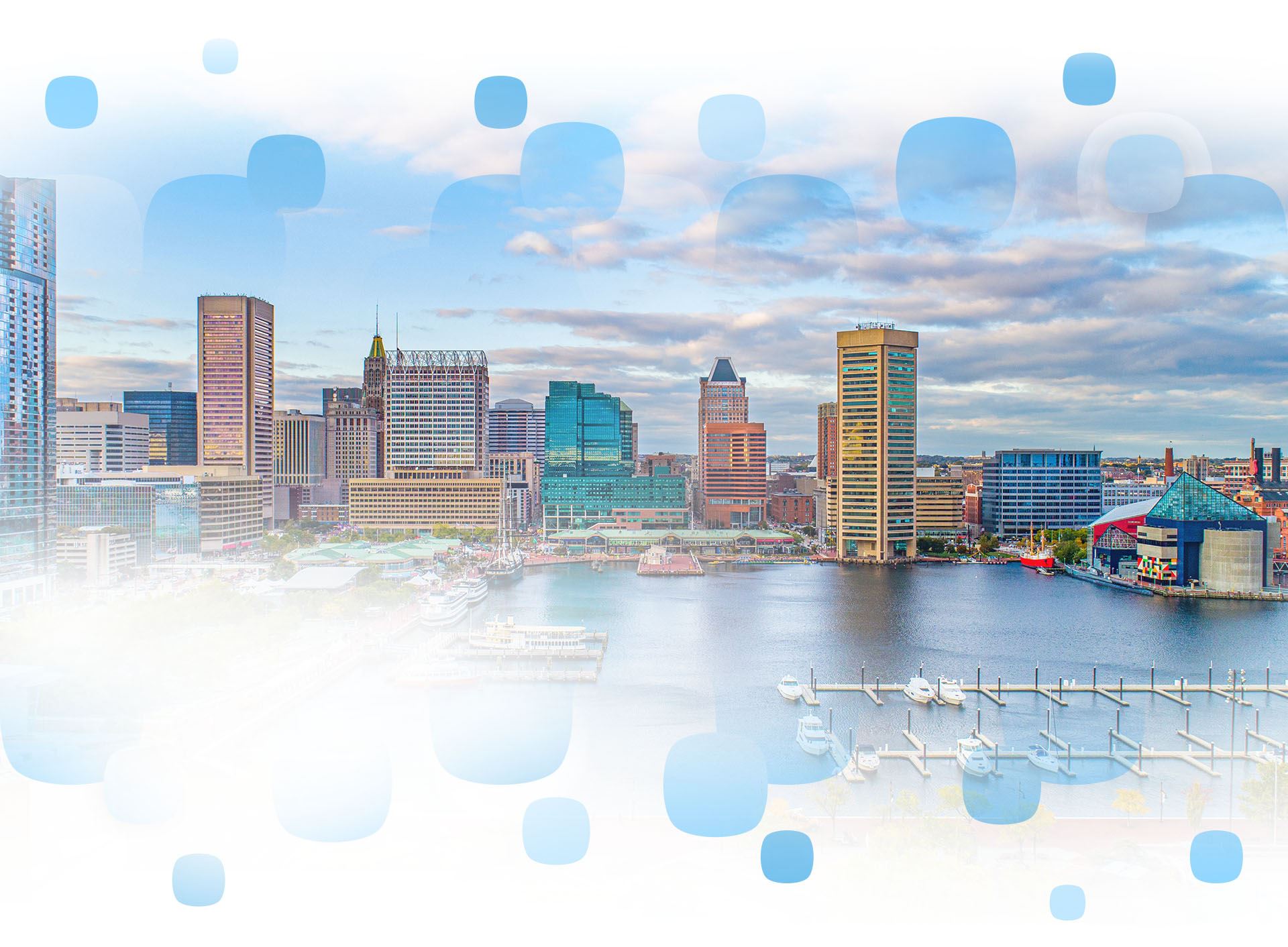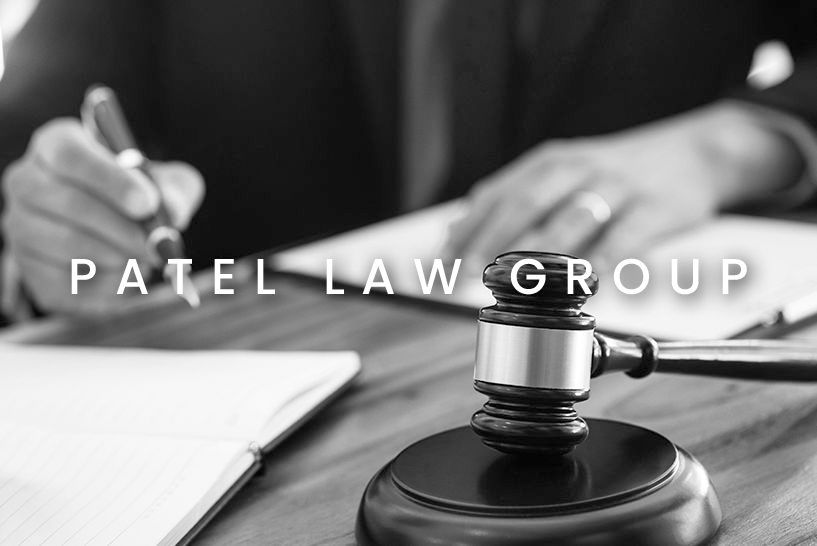
Washington D.C. Citizenship Attorney & Naturalization Lawyer
Expert Guidance on U.S. Citizenship in Washington D.C.
Naturalization and other immigration issues can be complex, as different rules and steps apply to each person. Many immigrants already living in the United States pursue the goal of becoming U.S. citizens; for some, naturalization brings the full benefits of citizenship. Others find the process challenging, and they may struggle with the required tests, or face issues related to criminal convictions that make citizenship impossible.
Choosing to pursue citizenship is a major decision with long-lasting effects. The U.S. naturalization process involves eligibility checks, background screenings, and interviews, all designed to ensure applicants meet legal standards. Successfully completing these steps provides legal, social, and economic opportunities, improving your quality of life. With these challenges, getting help from a citizenship attorney can be crucial for understanding requirements and improving your application's likelihood of approval.
Meeting with a citizenship attorney in Washington, DC helps you identify steps tailored to your situation. Attorneys provide guidance with documentation and submission while explaining potential risks clearly. Many applicants in Washington, DC value having someone monitor their progress, ensuring paperwork stays on track and deadlines are met. When questions about eligibility arise, skilled attorneys offer support and personalize their strategy for your path toward citizenship.
Always speak with an immigration lawyer at the Patel Law Group before applying for citizenship, as risks may exist. If you are not a citizen and have a criminal conviction, you risk being barred from naturalization or may face removal proceedings. If you have a criminal history, consult a knowledgeable immigration lawyer before submitting a naturalization application with USCIS so you understand any possible risks or issues.
Eligibility Criteria for U.S. Naturalization:
- Applicants must be at least 18 years old, already a Permanent Resident with proof of residency.
- Applicants must demonstrate they have lived in the U.S. for at least 5 years prior to filing with no absences from the U.S. greater than one year, or 3 years prior to filing if Permanent Resident status was obtained through a citizen spouse.
- Applicants must show they are sympathetic to the principles in the U.S. Constitution.
- Applicants must speak, write, read, and understand English at a basic level, although exceptions exist.
- Applicants must pass a civics test proving basic understanding of U.S. history and government.
- Applicants must show good moral character for the 3- or 5-year period prior to filing. Instances that show an applicant does not have good moral character include habitual intoxication, gambling offenses, polygamy, immigration fraud, failing to pay child support, smuggling illegal immigrants, and multiple criminal convictions.
- Applicants must take the oath of allegiance.
Carefully reviewing all eligibility requirements lets applicants assess their current standing and prepare documentation as needed. For those who want language support, English language and civics classes offer solid preparation for required exams and interviews.
Many people in Washington, DC begin by gathering documents that show continuous residence in the United States. Because the USCIS field office is in the city, locals can attend biometrics appointments and interviews without leaving the District. When you prepare for naturalization, knowing where to access nearby services is important. The USCIS Washington Field Office in Northeast DC provides convenient options for residents. By reviewing your documents and keeping your residency information up to date, you help prevent unnecessary delays as your application advances.
Working with legal professionals enables applicants to address any concerns over moral character and assemble the documentation needed for a strong application. A dedicated citizenship lawyer in Washington, DC helps ensure compliance with all regulations, which reduces the risk of mistakes that could cause setbacks or denial.
Understanding Derivative U.S. Citizenship
“Derivation” refers to citizenship obtained after birth because a parent naturalized. The Child Citizenship Act (CCA), which took effect in 2001, assists adopted children and some foreign-born natural children. A child adopted by a U.S. citizen parent meets CCA requirements if they qualify under the adoption regulations.
Derivative citizenship provides a route for children to receive citizenship without completing the entire naturalization process themselves. This approach recognizes family ties and makes it easier for minors to gain the same status as their parents. By understanding rules like the CCA, families can position children to benefit from the protections these laws provide, maintaining family unity and opening future opportunities in the U.S.
Families in Washington, DC benefit from legal clinics and local organizations that explain derivative citizenship options. Whether a child joins through adoption or has lived in the District for years, understanding how local factors affect citizenship status is critical. Attorneys who know the requirements and current regulations can guide families through the process, making a lasting difference for family stability and a child’s future in America.
The CCA also covers children who are unmarried and born in wedlock, as well as children who are legitimated. A foreign national child born out of wedlock and not legitimated can acquire derivative citizenship when the mother becomes a naturalized citizen, as long as specific regulations are met.
In addition, the CCA includes children who reside in the United States with lawful permanent resident status. Children who were lawful permanent residents but were briefly outside the U.S. on February 27, 2001, acquired citizenship once they returned to the United States. The CCA does not cover children born out of wedlock who have not been legitimated, since they do not fall within the law’s definition of “child.”
The CCA requires only one U.S. citizen parent to automatically confer citizenship. Naturalization by either adoptive or biological parents is enough for most eligible children, no matter the parents’ marital status or the other parent’s immigration status.
NOTE: If all required regulations are met, a child whose paternity has not been established by legitimation before age 16 may derive citizenship through the mother. The age at which legitimation must occur has changed over time, ranging from 16 to 18 or 21, depending on the applicable law.
How Long Does the Citizenship Process Take in Washington D.C.?
The timeline for naturalization in Washington, DC depends on processing times at the local USCIS field office and the completeness of your application. In most cases, citizenship applicants in the District should expect a process that takes several months, from submitting your paperwork to attending the final oath ceremony. Background checks, interview scheduling, and requests for additional documents can extend the timeline. If your case needs extra review or the USCIS office receives many applications, you may experience longer waits. Planning ahead and submitting organized, complete documents helps you avoid unnecessary slowdowns.
Residents of Washington, DC take advantage of a centrally located USCIS office, reducing travel and making it easier to schedule biometrics appointments and interviews. Naturalization ceremonies often occur at this office or nearby federal buildings, making attendance convenient. Staying connected with your citizenship attorney ensures you receive timely updates and prepare for each step without missing important deadlines. When you keep thorough records and respond promptly to USCIS requests, you help ensure a smoother and more predictable path to citizenship.
Do I Qualify for Dual Citizenship in the U.S. & What Does It Mean for D.C. Residents?
Many individuals in Washington, DC hold citizenship in more than one country, but dual citizenship brings both privileges and responsibilities. The U.S. allows dual citizenship, so you may keep your existing citizenship while gaining U.S. citizenship. However, each country creates its own regulations. You should research whether your country of origin allows dual citizenship before beginning the U.S. process. Applicants in DC need to weigh responsibilities that can include taxes, military service, or legal requirements from multiple countries.
If you intend to maintain dual citizenship in DC, consider the impact on travel, voting, or eligibility for certain government benefits. Federal and local agencies require U.S. citizens to use a U.S. passport for travel into or out of the United States. Understanding how local and federal policies work together keeps your status clear. Attorneys familiar with citizenship in Washington, DC can help you interpret these situations. Clear information prevents surprises and helps you enjoy the benefits of both citizenships without unanticipated challenges.
Local Insights on Citizenship & Naturalization in Washington D.C.
In Washington, DC, the journey to U.S. citizenship has unique considerations due to the city's diverse population and local challenges. Residents from neighborhoods such as Georgetown and Capitol Hill may face language barriers or complex immigration laws. Recognizing how these local factors affect your process helps you prepare for city-specific requirements during naturalization.
Across many DC neighborhoods, cultural organizations offer language instruction, civic education, and support for new Americans. Joining these groups gives you reliable resources and hands-on assistance with application steps. Events such as community workshops and legal question sessions connect applicants with helpful insights. Applicants can also consult the DC Mayor’s Office on Asian & Pacific Islander Affairs or Latino Affairs for area-specific citizenship programming relevant to DC residents.
Applicants sometimes struggle with the civics exam due to DC’s fast-paced lifestyle, which can challenge study schedules. The city's high living costs may add financial stress, so it's critical to get paperwork right on the first try to prevent expensive mistakes. Community organizations often provide free workshops, though it is important to check that these resources are legitimate and trustworthy.
Washington, DC has a large immigrant population, and many worry about the impact of criminal history on citizenship eligibility. Facing potential removal creates additional stress. Meeting with an informed immigration attorney in DC helps you understand local rules and receive advice tailored to your circumstances. The Patel Law Group supports clients in navigating these hurdles, providing guidance as you pursue U.S. citizenship.
Those who use comprehensive networks—such as legal aid clinics and community cultural groups—are better prepared for the citizenship process. Connecting with successful applicants leads to useful tips and added confidence. Using these resources boosts your readiness for the application process and increases your chances in a local context.
Ready to Apply for Citizenship? Contact Our Washington D.C. Lawyers
The Patel Law Group may be able to help you with naturalization, as qualifying for citizenship involves multiple requirements tied to your specific circumstances.
Candidates in the District of Columbia benefit from access to the Washington Field Office for USCIS, one of the busiest immigration processing centers in the region. Being close to this office means you can schedule appointments and attend interviews conveniently. This shortens travel and often leads to faster paperwork handling. People in DC’s communities often find encouragement and motivation in local support networks as they move through the naturalization process.
If you are ready to become a citizen, seek legal guidance early. A first consultation helps you identify challenges and develop a plan that fits your background. Becoming a U.S. citizen is a significant step, and the right support from a citizenship lawyer helps you find your place in American society.
Common Challenges Faced by Citizenship Applicants in Washington D.C.
Applying for U.S. citizenship can be daunting, especially in a vibrant city like DC. Applicants navigate complex paperwork, strict requirements, and wait times that can feel overwhelming. Many struggle to understand the detailed immigration laws that apply. Mistakes on applications may delay or halt the process, so submitting accurate documentation on time becomes critical to avoid setbacks.
Some Washington, DC applicants face longer waits for interviews because local offices process a high volume of requests. Preparing your paperwork early and keeping records organized gives you an advantage. Community organizations in DC often run document checklists and host info sessions, letting you double-check submissions for accuracy. Planning your fingerprinting and interview appointments early allows you to overcome scheduling issues more easily.
For many local applicants, language barriers create extra difficulty. Demonstrating English proficiency is necessary for the naturalization process, and passing the civics test requires preparation. DC’s community centers and organizations provide targeted test prep and language classes. Always assess whether these programs are legitimate to ensure you receive high-quality assistance.
Resources & Support Services in Washington D.C. for Citizenship Applicants
Washington, DC offers a range of resources for citizenship applicants as a center for legal activity. Local nonprofits and cultural centers run workshops, legal clinics, and training sessions to help people prepare for citizenship. Organizations like the DC Mayor's Office on Latino Affairs and the Asian Pacific American Legal Resource Center connect applicants to community-based resources for managing procedures.
DC residents also benefit from public libraries and city agencies that offer monthly citizenship info nights and English instruction. Libraries in Shaw and Tenleytown provide USCIS study materials and free practice test sessions. Using multiple resources—such as clinics, workshops, or group sessions—helps you prepare thoroughly for assessments and interviews at the local USCIS office.
Taking part in these programs makes the process less stressful, provides useful networking, and allows you to receive advice. Several organizations offer pro bono legal clinics where you can meet with experienced attorneys. Teaming up with these organizations increases your understanding and enables you to complete paperwork accurately and on time. With community resources and the support of citizenship attorneys at Patel Law Group, you create a stronger case throughout the naturalization journey.
Don't wait to get help. Contact our firm today to schedule an initial consultation.
Frequently Asked Questions About Citizenship in Washington D.C.
What Are the Key Steps in the U.S. Citizenship Application Process?
The U.S. citizenship application process commonly starts with Form N-400, Application for Naturalization. Applicants must pass a background check and attend a biometrics appointment. Next, they participate in an interview which includes English and civics tests. If successful, applicants attend a naturalization ceremony. Following each stage carefully and meeting deadlines helps you avoid unnecessary delays.
How Can I Prepare for the U.S. Citizenship Test?
Preparing for the U.S. citizenship test means reviewing USCIS study materials and memorizing the civics questions. Joining local classes about U.S. history, government, and English can boost your preparation. DC’s community centers offer courses to build confidence and improve your chances of passing the test.
What Should I Do If My U.S. Citizenship Application Is Denied?
If USCIS denies your application, you can appeal the decision or request a hearing with an immigration officer. Understanding why USCIS denied your application lets you fix specific issues for any future submission. Consulting an immigration attorney can help you weigh your options and navigate the next steps.
Are There Fees Associated with Applying for U.S. Citizenship?
You will pay fees to apply for citizenship, including costs to file Form N-400 and for biometrics services. Plan ahead to cover these expenses. Applicants with low incomes might qualify for a fee waiver or reduction through certain programs; an immigration lawyer in Washington, DC can advise you if you qualify.
Can Criminal Convictions Affect My Ability to Gain U.S. Citizenship?
Yes, criminal convictions can affect citizenship eligibility. Depending on the conviction's nature and severity, your application may be denied. You must disclose all prior convictions and consult a lawyer to understand your unique situation. An attorney can help you consider ways to address these issues before applying.

Contact
Get Started NowLearn which visas you are eligible for you to enter the United States, and get assistance applying. Contact an immigration attorney at (888) 223-8176 today!


